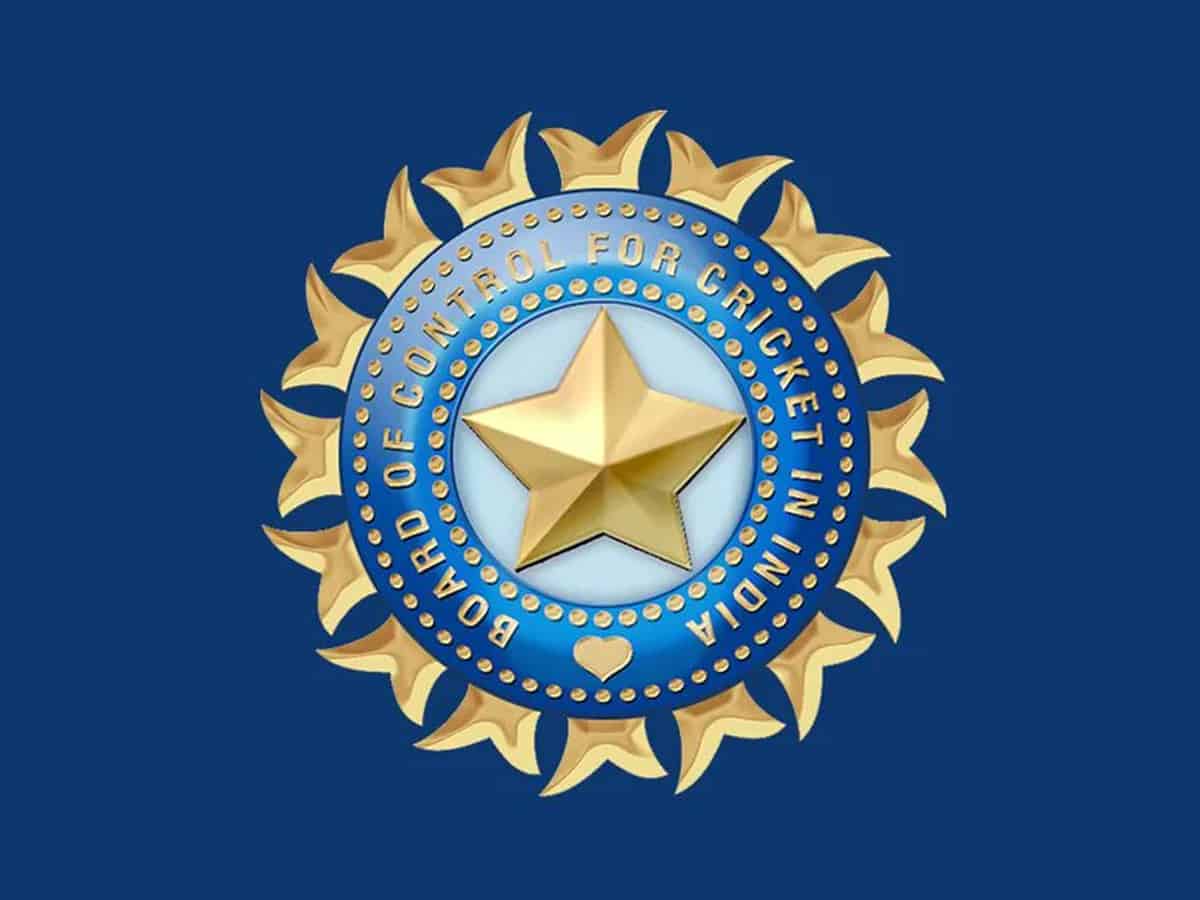
New Delhi: The Union Health Ministry has urged the BCCI and the Sports Authority of India to take measures to prevent surrogate advertisements of tobacco and alcohol by sportspersons, saying they are role models for millions of youth not only in the country but across the world.
In a letter to Board of Control for Cricket in India (BCCI) President Roger Binny and DG of SAI Sandip Pradhan, Director General of Health Services (DGHS) Dr Atul Goel on Thursday said that sportspersons, specially cricketers, are role models for youngsters for promoting a healthy, active and productive lifestyle.
“The BCCI is entrusted with objectives of laying down policies, roadmap, guidelines for promotion of the game of cricket (and its governance) keeping in mind the players and cricket fans of India…and it is disheartening to see surrogate advertisements of tobacco and/or alcohol related products by some of the well-known cricketers and also famous actors during cricketing events such as IPL,” Goel said.
“Taking a considerate view of the issue, the BCCI may take positive measures to prevent these surrogate advertisement of tobacco and/ or alcohol related products by sportspersons,” he stated.
The DGHS suggested measures such as signing an anti-tobacco ‘Declaration of Interest’ form, not promote/advertise in stadiums or events hosted or partnered by BCCI and issuing directive(s) to sportspersons under BCCI’s ambit to refrain from surrogate promotion/partnership/advertisement of tobacco and related products.
“Also, it is hereby requested not to allow such surrogate advertisements by other celebrities in sporting events of BCCI, such as the IPL. I hope you will appreciate that celebrities engaging in these surrogate advertisements are followed as role models by millions of youth not only within the country but across the world,” Goel said.
Such measures shall not only help in reducing the consumption of tobacco especially amongst youth but also reinforce a positive image of sportspersons as advocates of health and fitness and continue to uphold the highest standards of integrity and responsibility in sports, he said.
The DGHS said that tobacco use is the one risk factor common to the four main groups of non-communicable diseases — cardiovascular disease, cancer, chronic lung disease and diabetes.
India ranks second in tobacco-related deaths worldwide, with nearly 13.5 lakhs preventable deaths recorded each year. Also, tobacco related cancer constitutes 33 per cent of all cancer cases in India with almost 50 per cent in males and 17 per cent in females being attributed to tobacco.
Various surveys have found that the age of initiation for tobacco consumption in India is as low as seven years, Goel said in the letter.
To address the issue of tobacco control, the government of India launched the National Tobacco Control Programme (NTCP) in 2007-08 with an aim to create awareness about the harmful effects of tobacco consumption, to reduce the production and supply of tobacco products and ensure effective implementation of the provisions under the Cigarettes and Other Tobacco Products Act (COTPA), 2003 and the
Prohibition of Electronic Cigarette Act (PECA), 2019.
It also aims to help people quit tobacco use, and facilitate implementation of strategies for prevention and control of tobacco advocated by WHO Framework Convention of Tobacco Control.
